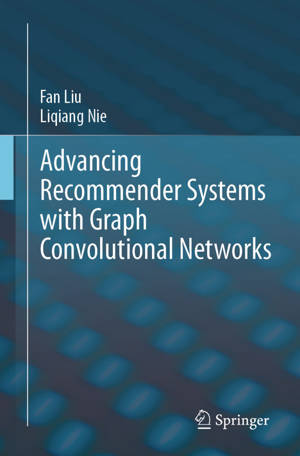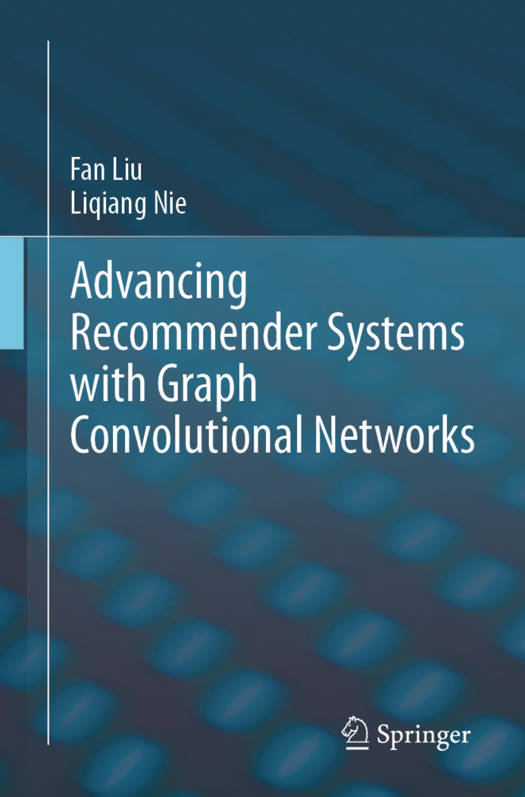
Bedankt voor het vertrouwen het afgelopen jaar! Om jou te bedanken bieden we GRATIS verzending (in België) aan op alles gedurende de hele maand januari.
- Afhalen na 1 uur in een winkel met voorraad
- Gratis thuislevering in België vanaf € 30
- Ruim aanbod met 7 miljoen producten
Bedankt voor het vertrouwen het afgelopen jaar! Om jou te bedanken bieden we GRATIS verzending (in België) aan op alles gedurende de hele maand januari.
- Afhalen na 1 uur in een winkel met voorraad
- Gratis thuislevering in België vanaf € 30
- Ruim aanbod met 7 miljoen producten
Zoeken
Advancing Recommender Systems with Graph Convolutional Networks
Fan Liu, Liqiang Nie
Paperback | Engels
€ 198,45
+ 396 punten
Omschrijving
This book systematically examines scalability and effectiveness challenges related to the application of graph convolutional networks (GCNs) in recommender systems. By effectively modeling graph structures, GCNs excel in capturing high-order relationships between users and items, enabling the creation of enriched and expressive representations. The book focuses on two overarching problem categories: the first area deals with problems specific to GCN-based recommendation models, including over-smoothing, noisy neighboring nodes, and interpretability limitations. The second one encompasses broader challenges in recommendation systems that GCN-based methods are particularly well-suited to address as the attribute missing problem or feature misalignment. Through rigorous exploration of these challenges, this book presents innovative GCN-based solutions to push the boundaries of recommender system design. To this end, techniques such as interest-aware message-passing strategy, cluster-based collaborative filtering, semantic aspects extraction, attribute-aware attention mechanisms, and light graph transformer are presented. Each chapter combines theoretical insights with practical implementations and experimental validation, offering a comprehensive resource for researchers, advanced professionals, and graduate students alike.
Specificaties
Betrokkenen
- Auteur(s):
- Uitgeverij:
Inhoud
- Aantal bladzijden:
- 157
- Taal:
- Engels
Eigenschappen
- Productcode (EAN):
- 9783031850929
- Verschijningsdatum:
- 30/03/2025
- Uitvoering:
- Paperback
- Formaat:
- Trade paperback (VS)
- Afmetingen:
- 156 mm x 234 mm
- Gewicht:
- 254 g

Alleen bij Standaard Boekhandel
+ 396 punten op je klantenkaart van Standaard Boekhandel
Beoordelingen
We publiceren alleen reviews die voldoen aan de voorwaarden voor reviews. Bekijk onze voorwaarden voor reviews.









